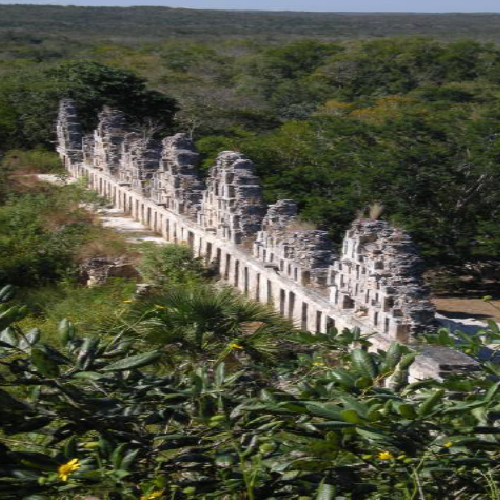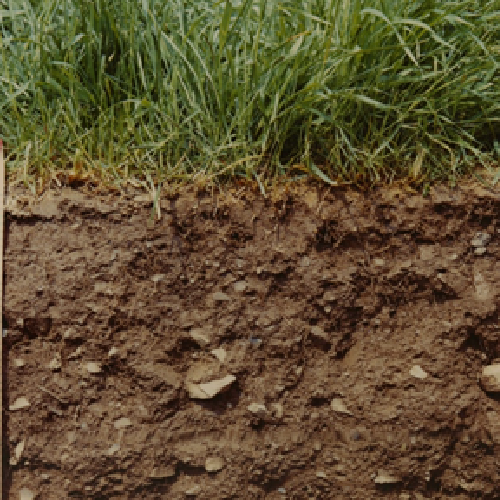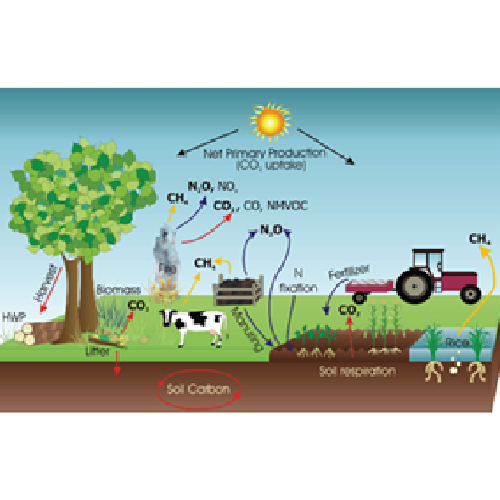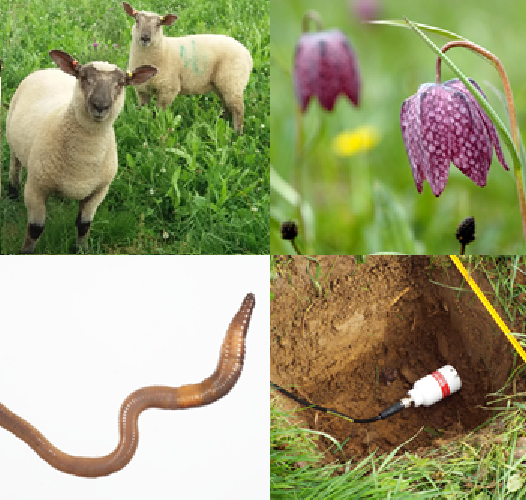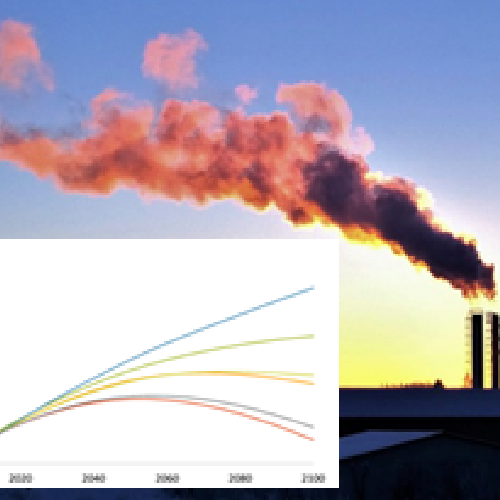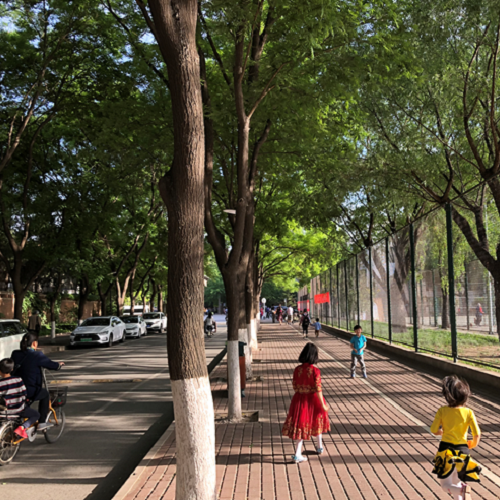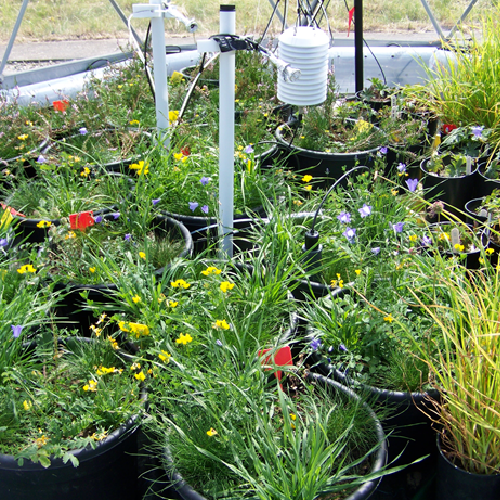Poor outdoor air quality, particularly that associated with high concentrations of very fine particles (PM2.5) has been identified globally as a major cause of early mortality. In the UK, DEFRA have identified it as the country’s largest environmental health risk, contributing to long-term illness and shorter life expectancy. This impact appears to be greatest in […]
Read More
The potential role of changes in total solar irradiance (TSI) (sun spots) in driving climatic variability has been widely cited and hotly debated. This is particularly true in the tropical Americas, where a ~200 year irradiance cycle, has been identified in a number of key records, including Lake Chichancanab, in the Maya lowlands of southern […]
Read More
Human populations are expected to increase by 50% to 9 billion by 2050 as climate change continues. The global challenge is to manage terrestrial ecosystems sustainably whilst mitigating climate change. One option is to reverse global soil organic carbon (SOC) losses and increase soil carbon stocks by 0.4% per year (i.e. the ‘4 per mille’ […]
Read More
Nitrogen inputs into agricultural systems are an essential requirement for healthy, high yielding crop production, but they can also result in the release of excess N either by leaching or by emission of the highly reactive greenhouse gas (GHG) N2O. In the UK, direct N2O emissions from soil accounted for about 50.5% of all N2O […]
Read More
The need to produce healthy and food sustainably is reliant on healthy soil. This is certainly true of grassland ecosystems on which over half of the people of the Earth rely for their livelihoods and wellbeing. Grasslands supply food, fibre, fuel and more to humans globally and are under pressure and management to deliver more. […]
Read More
Many plant species, including numerous agricultural ones, depend on pollinator services; yet agricultural intensification and urbanisation have caused habitat loss and fragmentation, leading to substantial declines of some pollinators. Any forecasts, risk assessments and remedies thus hinge crucially on understanding how pollinators use space; however, most studies of pollinator spatial movements have taken place over […]
Read More
Nature of the problem: Contamination of the terrestrial, freshwater and marine biosphere by microplastics is now widely recognised as one of the world’s greatest pollution threats. Microplastics (plastics <5 mm) originate from the fragmentation of large plastic litter or from direct environmental emission. Most plastics arriving in the oceans were produced, used, and often disposed […]
Read More
This project will use cutting edge projections of the future state of society to predict how pollution and its impacts may change across Britain in the 21st century. Working alongside a team of environmental scientists, you will use a range of possible directions for UK society, demographics, economics and policy to develop future trends in […]
Read More
This multi-disciplinary PhD will study urban green space and benefits at a range of scales, to tackle critical questions in urban ecosystem services research: whether greenspace benefits demonstrate non-linear relationships with scale whether there are scale-dependent thresholds to ‘supply’ or ‘use’, and whether there are spatial interactions between services at different scales. The PhD is […]
Read More
Up to 88% of flowering plant species depend on insect pollinators. Although flowers and their visual cues are known to be important for pollinators, more recently it has been shown that VOCs are also important signals at distances of <200 m5, with strong flying pollinators such as bees foraging at ranges of <1500 m. Ozone […]
Read More


